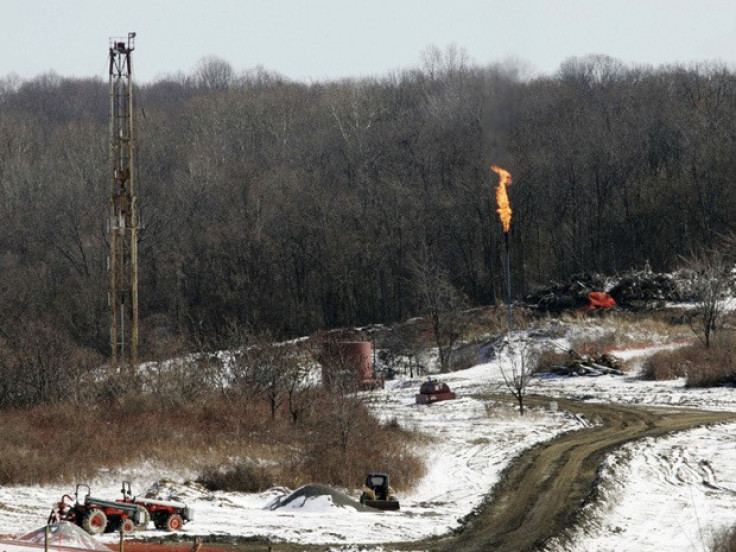Global Shale Gas Boom Potential 'Blessing' for Environment

A boom in unconventional energy resource production such as shale gas "may be a blessing for the environment", according to academics
The research paper by the Smith School for Enterprise and the Environment at the University of Oxford noted the sharp reduction in coal production and imports in the US since 2007, when shale gas production took off.
Coal imports have fallen to "negligible levels", while domestic production of the traditional fossil fuel has dropped by a third. The US has reduced consumer energy bills as a result and is now less beholden to energy-sensitive geo-politics.
"A global shale gas boom could therefore indeed lead to a crowding out of most pollution energy sources, such as coal," said the research.
Critics of the shale gas industry say the process used to extract it brings a serious risk to the environment. Fracking – hydraulic fracturing – sees holes drilled down into shale rock, water blasted down to crack it, then the gas released is tapped off as it comes to the surface.
Campaigners argue the chemicals used in the process could leak out and contaminate local water supplies.
Instead they say governments should prioritise sustainable alternatives, such as wind or tidal energy rather than focus on yet another finite fossil fuel to meet supply needs.
But the Oxford researchers said environmental risks can be mitigated by strict rules and that shale gas production would make the world's use of energy cleaner.
"Production of unconventionals could indeed have a detrimental effect on the environment by increasing greenhouse-gas emissions, impacting water and crowding out investment in renewables," said the research paper.
"When carefully regulated, impact on water could be minimised while greenhouse gas emissions would be reduced when unconventional gas crowds out coal and provides efficient backup for renewable power.
"Implementation of smart policies will be critical to ensure that these resources are not only a winner for politics and economics, but also for the environment."
While the US has managed to get its shale gas industry off the ground, Europe is much more hostile to exploiting the resources underneath the continent.
Many European countries have banned shale gas exploration and production, including France.
And in the UK, recent studies show vast resources underneath parts of the country. But planning rules and political opposition have hindered exploratory work to see if enough of the shale gas can be extracted to make production commercially viable.
There is also another significant difference between the US and Europe, that of property rights.
"For instance, in the US resources beneath your land are considered your property, which gives a private or legal person a clear incentive to produce or sell the rights for production," said the paper.
"In the EU, resources are a common good and hence belong to the government, which leads to a clear incentive to oppose techniques such as fracking below your property as they could pose a risk for both real estate and value of premises."
The research paper was led by Dr Oliver Inderwildi from the University of Oxford in collaboration with Fabian Siegrist and Robert Dickson from Deloitte LLP in New York and Andrew Hagan from the World Economic Forum.
© Copyright IBTimes 2024. All rights reserved.






